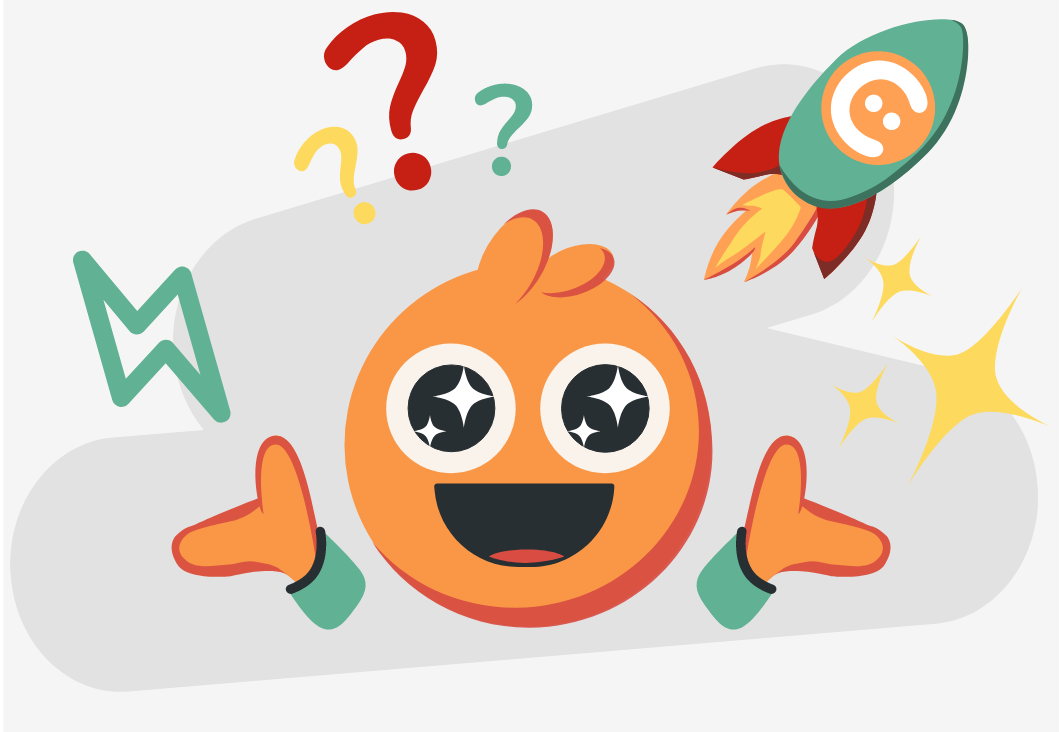Discussion questions: Social Media and teens mental health
aholmes
Updated 7 months ago
Share
Plays
0 Copies
0 Students
--Content
Preview
Lesson description
Curipod generated lesson: "Social Media and teens mental health". #8-10
Made with 🧡 from Norway

